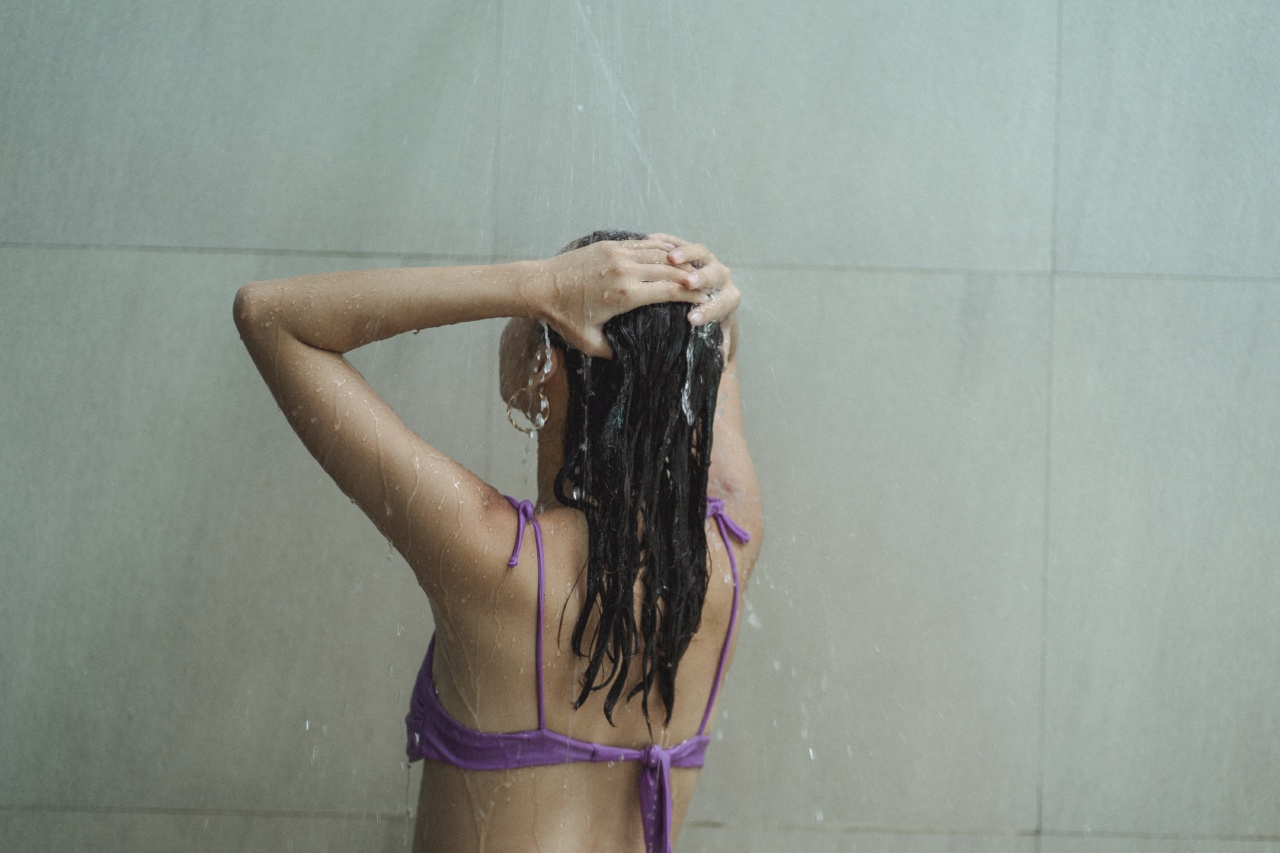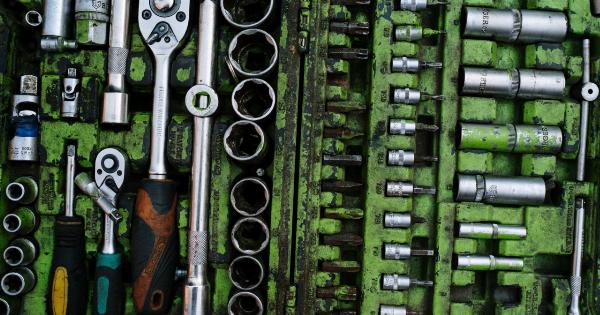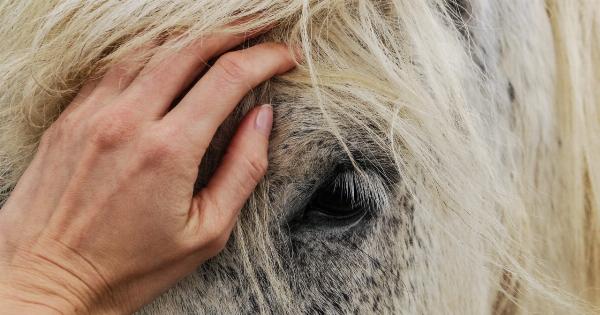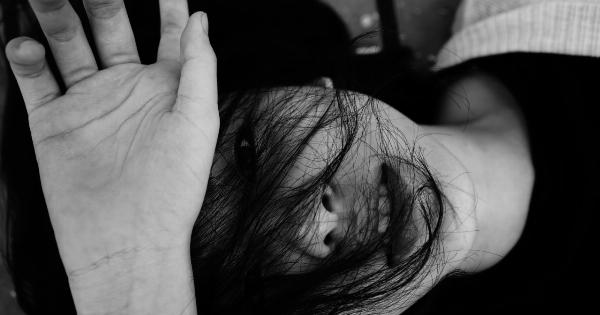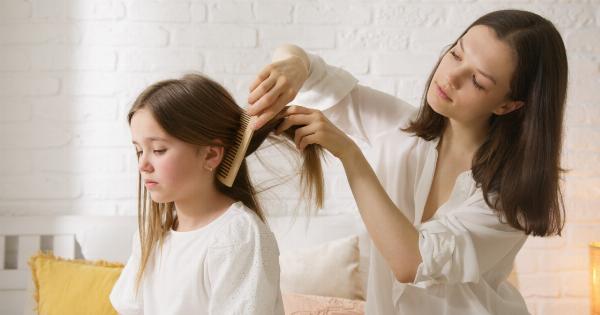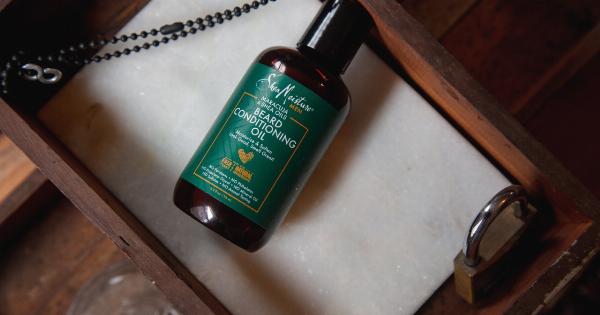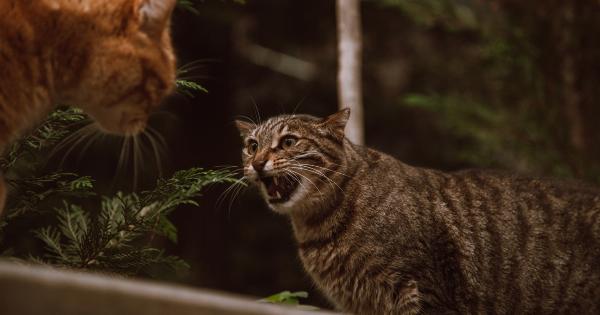Introduction:.
Oily and lifeless hair can be a common frustration for many individuals. Proper hair washing routine plays a crucial role in managing oiliness and revitalizing dull hair.
In this article, we will discuss effective techniques and tips for washing your hair to tackle oily and lifeless strands.
1. Understanding Oily Hair:
Oily hair occurs when the scalp produces an excess amount of sebum, a natural oil that nourishes and moisturizes hair. However, excessive sebum production can make hair appear greasy, flat, and lifeless.
It is important to understand the causes and factors contributing to oily hair in order to establish an appropriate hair washing routine.
2. Frequency of Hair Washing:
The frequency of hair washing varies for each individual, depending on their scalp’s sebum production. While some people may require daily washing, others can maintain cleanliness by washing every other day or even less frequently.
Experiment with different washing schedules to find the frequency that best suits your hair type.
3. Choosing the Right Shampoo:
Selecting the right shampoo is crucial for managing oily hair. Look for products specifically formulated for oily hair types. These shampoos are designed to remove excess oil and maintain a balanced scalp.
Avoid shampoos with heavy moisturizing properties or those that claim to add “shine” as they can exacerbate oiliness.
4. Rinse Thoroughly:
Proper rinsing is essential to remove all traces of shampoo and dirt from your hair. Inadequate rinsing can contribute to product buildup and oiliness.
Ensure that you rinse your hair thoroughly with lukewarm water, making sure no shampoo residues remain on the scalp or strands.
5. Avoid Overwashing:
While it may seem counterintuitive, overwashing your hair can actually lead to increased oil production. Frequent washing can strip the scalp of its natural oils, prompting the body to compensate by producing even more sebum.
Find the right balance and avoid washing your hair excessively.
6. Scalp Massage:
Incorporating a scalp massage into your hair washing routine can provide numerous benefits. Gently massaging the scalp helps stimulate blood circulation and distribute natural oils evenly across the scalp, promoting healthier hair growth.
This practice can also help reduce oiliness and revitalize dull hair.
7. Focus on the Scalp:
When shampooing, pay extra attention to the scalp rather than solely focusing on the hair strands. The scalp is where sebum production occurs, so it is vital to cleanse it effectively.
Use your fingertips to massage the shampoo into the scalp, ensuring all areas are covered.
8. Conditioning Techniques:
Conditioner is often applied to the hair strands, but for individuals with oily hair, it is advisable to avoid applying conditioner to the scalp.
Instead, concentrate the conditioner on the mid-lengths and ends of the hair, where the strands tend to be drier. This will prevent the scalp from becoming greasy and help keep the hair lightweight.
9. Cool Rinse:
After conditioning, finish your hair washing routine with a cool rinse. The cold water helps seal the hair cuticles and reduces excess oil production. It also adds shine to the hair, making it appear healthier and less lifeless.
10. Drying Techniques:
Proper drying techniques are essential to prevent further damage and oiliness. Avoid vigorously rubbing your hair with a towel, as this can stimulate oil production. Instead, gently squeeze out excess water and let your hair air dry whenever possible.
If using a hairdryer, use the cool or low-heat setting to minimize heat damage.
Conclusion:.
Emphasizing a proper hair washing routine can greatly help manage oily and lifeless hair. Experiment with different techniques and find a routine that works best for your hair type.
Remember to choose the right shampoo, rinse thoroughly, and avoid overwashing. Incorporate scalp massage, focus on the scalp while shampooing, and use conditioner sparingly on the mid-lengths and ends. Finish with a cool rinse and adopt gentle drying techniques to maintain healthy, revitalized hair.
